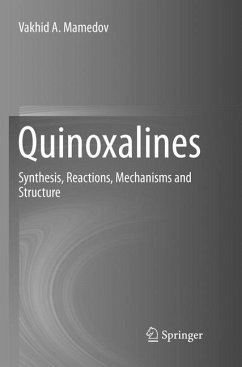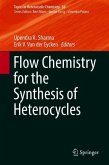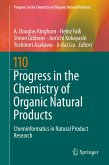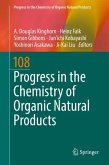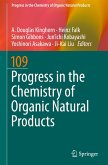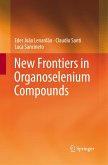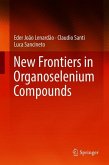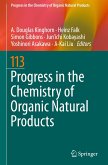Thisbook reviews the fundamental aspects of quinoxaline chemistry: synthesis,reactions, mechanisms, structure, properties, and uses. The first four chapterspresent a survey of the developments in quinoxaline chemistry since thepublication of the monograph on "Condensed Pyrazines" by Cheeseman and Cooksonin 1979. These chapters give comprehensive coverage of all the methods of the synthesis of quinoxalinesand the important quinoxaline-containing ring systems suchas thiazolo[3,4-a]-, pyrrolo[1,2-a]-, and imidazo[1,5-a]quinoxalines.Chapter five describes many new methods for the construction of quinoxalinemacrocycles, which are important in applications such as optical devices andmaterials. The final chapter reviews all previously known rearrangements ofheterocyclic systems that lead to benzimidazole derivatives. Mamedov criticallyanalyses these transformations to reveal a novel acid-catalyzed rearrangementof quinoxalinones giving 2-heteroarylbenzimidazoles and1-heteroarylbenzimidazolones in the presence of nucleophilic reactants (MAMEDOVHeterocycle Rearrangement). This book is of interest to researchers in thefields of heterocyclic and synthetic organic chemistry.
Bitte wählen Sie Ihr Anliegen aus.
Rechnungen
Retourenschein anfordern
Bestellstatus
Storno

